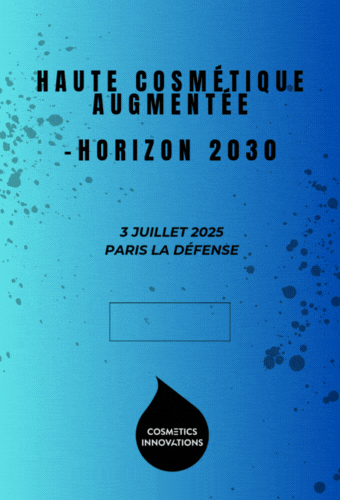Seventy per cent of consumers surveyed worldwide are aware of biodiversity, while 48 per cent can give a correct definition of the term biodiversity, shows the 2013 Biodiversity Barometer report launched last week in Paris by the Union for Ethical BioTrade (UEBT). The survey also unveil that consumers in Brazil, China and France, show a particular awareness about biodiversity.

“The Biodiversity Barometer is an important source of information on global trends in biodiversity awareness. The results not only demonstrate a growing consciousness, they also show that respecting biodiversity provides tremendous opportunities for business around the world,” says Braulio Ferreira de Souza Dias, Executive Secretary for the Convention on Biological Diversity.
Very high biodiversity awareness in China
This year’s special focus on China reveals that apart from a very high biodiversity awareness (94 per cent), Chinese consumers surveyed also show high knowledge of biodiversity: 64% could define correctly what biodiversity means.
Branding opportunities
UEBT also asked persons involved in the survey to mention “the three brands that are making the most efforts to respect biodiversity.” At this level, answers were manifold and often country-specific.

For instance, in Brazil, there is a clear leader with Natura (49%). In the USA, most mentioned food brands, including Kraft, Starbucks and Ben & Jerry’s. UK has two leading companies: Bodyshop and CO-OP (23% and 20%). In France Yves Rocher, Nestle and Danone top the list, while in China the perceived leaders are Yili, Mengliu and Amway.
“There are clear opportunities for brands to position themselves around the issue of biodiversity, and anticipate increasing consumer interest on this issue” concludes Rémy Oudghiri, Director of Trends and Insights at IPSOS.
However, there is hardly any mention of biodiversity in corporate communication. “Today 32 of the top 100 beauty companies in the world refer to biodiversity in their corporate communications such as sustainability reporting and websites. This is considerably higher than in 2009, but much lower than what we found in the top 100 food companies,” says Rik Kutsch Lojenga, Executive Director of UEBT.

Nevertheless, it is worth too note that, according to the 2013 UEBT Barometer, 87 per cent of consumers say they want to be better informed about how companies source their natural ingredients, and a large majority of consumers say they would to boycott brands that do not take good care of environmental or ethical trade practices in its sourcing and production processes.



































